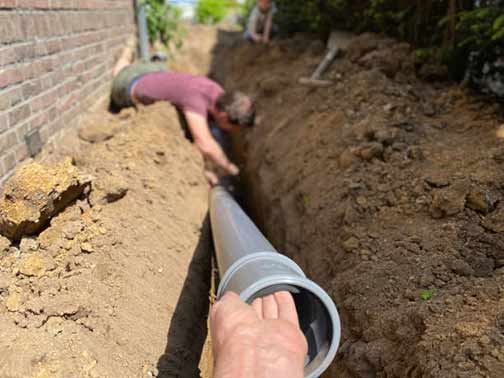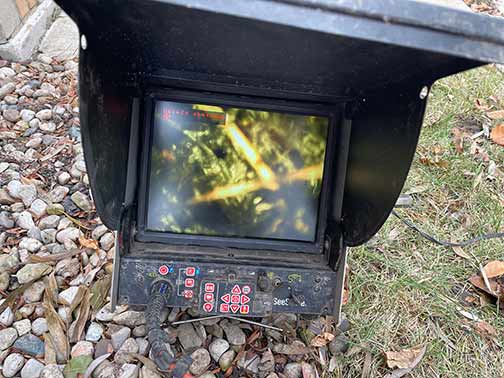
When it comes to the functionality and cleanliness of your home, maintaining a healthy sewer line is crucial. A properly functioning sewer line ensures that waste and water are disposed of efficiently and safely, preventing potential issues such as clogs, backups, and costly repairs. In this article, we will explore some valuable tips to help you keep your sewer line in top shape.
The Importance of Sewer Line Maintenance
A sewer line is an essential part of your home’s plumbing system, responsible for carrying wastewater from your property to the municipal sewer system or septic tank. Neglecting proper maintenance of your sewer line can lead to a variety of problems, including:
- Blockages: Over time, debris, grease, and other substances can accumulate inside your sewer line, causing blockages that prevent the flow of wastewater.
- Clogs: When blockages occur, they can result in clogs in your drains, toilets, and other fixtures. This can lead to inconvenient backups and water damage in your home.
- Odor and Health Issues: A damaged or poorly maintained sewer line can emit foul odors and even pose health risks due to the presence of harmful bacteria and pathogens.
- Expensive Repairs: Ignoring sewer line maintenance can lead to serious damage, requiring costly repairs or even complete sewer line replacements.
Tips for Maintaining a Healthy Sewer Line
To avoid the headaches and expenses associated with sewer line issues, follow these helpful tips:
1. Be Mindful of What Goes Down the Drain
One of the simplest yet most effective ways to maintain a healthy sewer line is to be mindful of what you allow to go down your drains. Avoid flushing non-biodegradable items such as wipes, feminine hygiene products, diapers, or paper towels, as these can easily cause blockages. Additionally, refrain from pouring grease, oil, or chemicals down the drain, as these substances can accumulate and clog your sewer line over time.
2. Schedule Regular Sewer Camera Inspections
Consider scheduling regular sewer camera inspections with a professional plumber to assess the condition of your sewer line. Through the use of specialized tools and cameras, a plumber can identify any potential issues, such as cracks, leaks, or root intrusions. Early detection of these problems can save you significant time and money in the long run.

3. Maintain Proper Tree and Plant Growth
Tree and plant roots are one of the primary causes of sewer line damage. As these roots seek moisture and nutrients, they can infiltrate your sewer line, leading to blockages and breakages. To prevent this, make sure to plant trees and shrubs away from your sewer line and use root barriers or chemical treatments to discourage root growth near your pipes.
4. Practice Water Conservation
Excessive water usage can put unnecessary strain on your sewer line, increasing the risk of backups and damages. Implement water-conserving habits such as fixing leaky faucets promptly, using efficient appliances, and avoiding excessive water usage during showers or laundry. By conserving water, you not only protect your sewer line but also contribute to environmental sustainability.
5. Educate Your Household
Empower everyone in your household to contribute to sewer line maintenance. Teach your family members to be mindful of what they dispose of in the drains and educate them about the importance of proper water usage. By fostering a sense of responsibility and awareness, you can significantly reduce the likelihood of sewer line problems.
6. Address Issues Promptly
If you notice any signs of sewer line issues, such as slow drains, foul odors, gurgling noises, or sewage backups, it is essential to address them promptly. Ignoring these symptoms can worsen the problem and result in more significant damage. Contact a professional plumber to assess the situation and perform the necessary repairs.
7. Consider Sewer Line Cleaning
Regular sewer line cleaning can be an effective preventive maintenance measure. Professional plumbers can use high-pressure water jetting or augers to remove built-up debris and blockages, ensuring the smooth flow of wastewater through your pipes.
Maintaining a healthy sewer line is essential for the proper functioning and longevity of your home’s plumbing system. By following these tips and implementing proper maintenance practices, you can prevent blockages, clogs, and costly repairs. Remember, a little effort and vigilance can go a long way in ensuring the health and efficiency of your sewer line.
